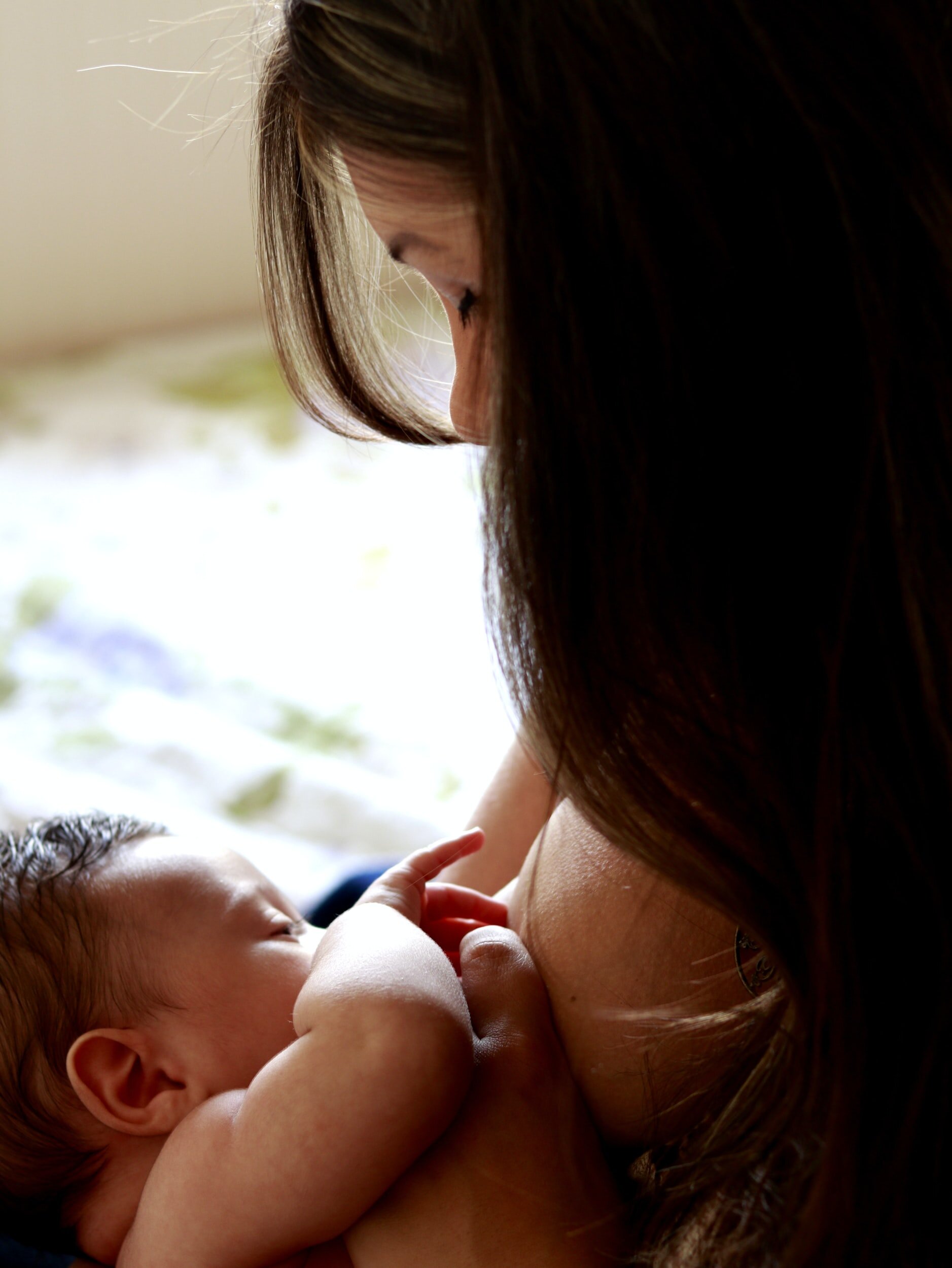It is quite well known that breastfeeding is the best way to nourish babies from the time they are born until the age of two. Beyond the necessary physical nourishment, however, it has also been well documented that breastfeeding has emotional and psychological benefits to both the infant and the mother.
Breastfeeding provides physical and emotional comfort to infants. Being able to suck while being held close, and–very often–with skin-to-skin contact, helps decrease anxiety, promote a sense of calm, and give a sense of happiness and security. All of these promote a strong sense of trust–from the infant towards its mother. This trust is the foundation of the infant’s bond and attachment to their mother.
On the mother’s end, breastfeeding has the physical benefit of helping mothers lose weight. It also, however, releases the hormone, oxytocin, which strengthens the maternal instinct by making mothers feel happy (or even happier) when close to their child. It encourages mothers to continue to hold their babies, again promoting that bond and attachment, but this time from mother to baby.
While many studies have been conducted on breastfeeding’s long term effects for infants, most of the studies focused on the physical and emotional benefits of the infant as an individual. In 2017, a decade long study revealed that there are interpersonal benefits between mother and child too. The study revealed that breastfeeding can make a mother more attuned to her child well past the breastfeeding stage, well up to a decade, which was the length or duration of the study.
Even after the child has past infancy, the study showed that breastfeeding mothers continued to be attuned and highly sensitive and highly responsive to the needs of their child. The more support a child receives and feels from their mother, the more continuous the feeling that they are in a safe and nurturing environment, which strengthens their attachment and bond to their mother. And the more a child exhibits attachment, the more a mother responds as well.
Perhaps the trials of breastfeeding teach a mother a lot on how to care for her child. Not only does breastfeeding allow a mother to observe her child frequently, but working through the difficulties and challenges of breastfeeding teaches a mother patience and perseverance when parenting their child. It also teaches them to hold their child as a primary source of comfort. Carrying these practices over into childhood, and a mother is primed to forever cultivate the established bond with her child, which–of the study is to be believed–has the potential to be lifelong.
This isn’t to say that mothers unable to breastfeed or bottle-fed babies do not have the chance to achieve such closeness and as strong a bond with their parents. Practicing skin-to-skin contact can help facilitate the bond, and practicing patience and supportiveness to one’s child can also help strengthen the feeling of security, care, and happiness that will facilitate a strong bond.



Leave a Reply